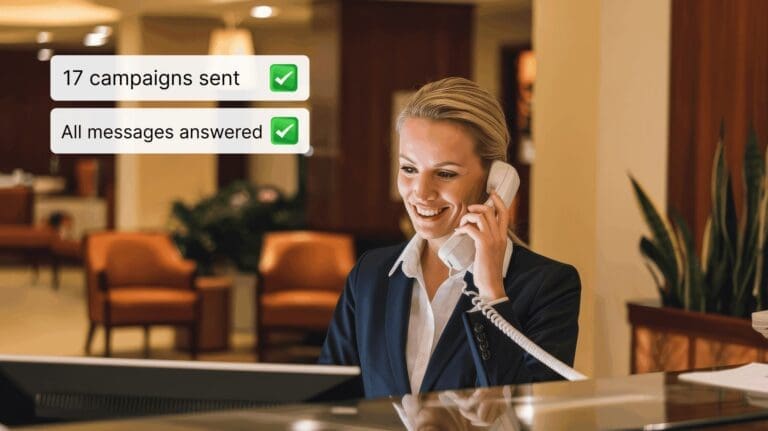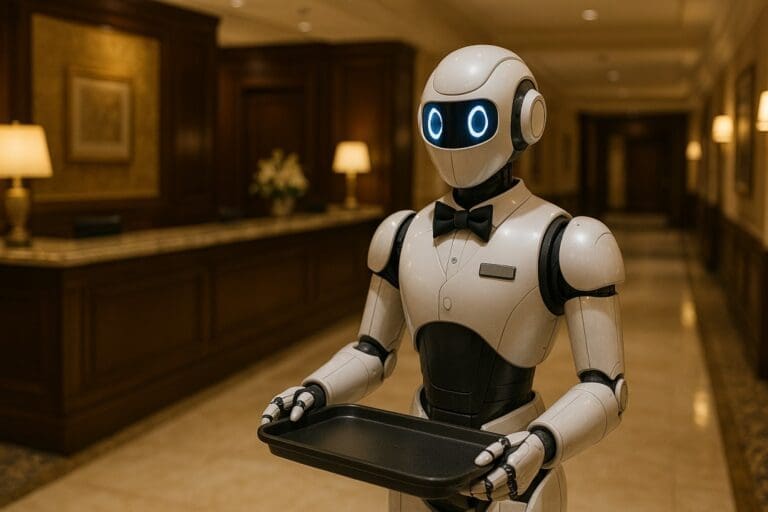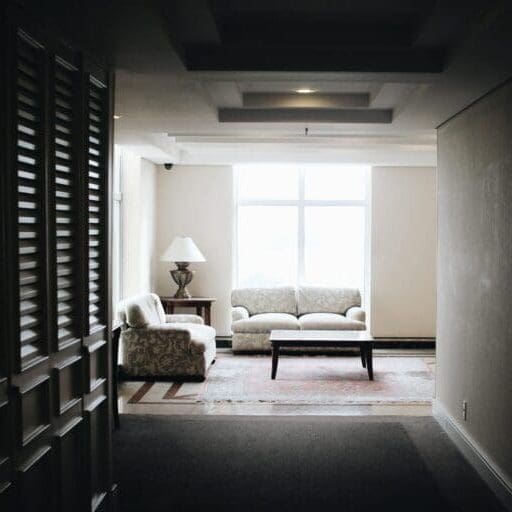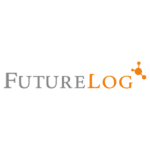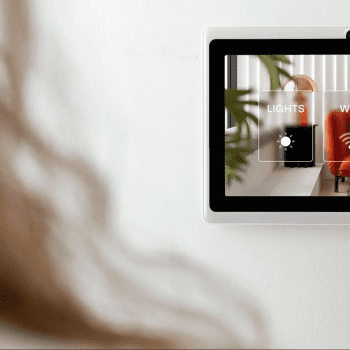 Hotel automation is more than just a buzzword. For many hoteliers, introducing automation became a game-changer during the pandemic times, as it allowed them to run their businesses with fewer resources and reduced budgets.
Hotel automation is more than just a buzzword. For many hoteliers, introducing automation became a game-changer during the pandemic times, as it allowed them to run their businesses with fewer resources and reduced budgets.
A large number of hotels across the world have embraced automation to streamline hotel management. For instance, at the Henn-na hotel near Nagasaki, Japan, robots are in charge of the check-in process. Multilingual robots greet guests while porter robots take care of heavy guests’ luggage. Another hotel in a different corner of the world, the Yotel Hotel in New York, also uses robots to collect and deliver guests’ luggage.
But automation in the hospitality industry is not only about robots. The range of hotel tech tools and software solutions that let hoteliers automate daily operations has evolved by leaps and bounds over the past years.
If you consider using automation but aren’t confident it’s worth the investment, discover the benefits hotel automation technologies can bring to your hotel. On top of that, we’ll discuss what hotel operations should be automated in the first place and how to select the tool best suited for your business’s needs.
What is automation in the hospitality industry?
Automation in the hotel industry is aimed at eliminating the number of routine tasks hotel staff perform while improving the guest experience. A few examples of automated hotel services include:
-
An automated self-check-in kiosk that can reduce queues and waiting periods.
-
Automated staff scheduling and assigning of tasks to save time and energy.
-
Artificial intelligence that can forecast hotel-room demand and help you upsell. Oaky’s integration with Duetto can help your property yield an uplift of over 45% in guest spend per upgraded night.
-
Setting up a chatbot to answer guest queries and requests.
What are the benefits of implementing automation for your hotel?
However, eliminating routine operations is not the only benefit you can expect when you give automation technologies a go at your hotel. Let’s take a closer look at how automation can create better experiences for your staff and guests while speeding up your business growth.
1. Increase efficiency of routine operations
Check-ins and check-outs are part of a hotel’s routine operations. These tasks can be automated with a self-check-in kiosk that reduces the cost of having physical staff at the front desk. Your customers enjoy a seamless check-in and check-out experience at any hour without waiting for a staff member or standing in a queue.
Other routine operations like collecting customer feedback can also be automated. This eliminates the need for physical forms, saving time and increasing efficiency.
2. Streamline your team efforts
When you streamline daily tasks, every employee knows what is expected and can complete those tasks without wasting time.
In bigger hotels, employees can lose track of completed and pending tasks. For example, housekeeping staff may waste valuable work time figuring out which room to clean next.
With a hotel automation system, you can keep track of tasks your team needs to handle and ensure the most efficient division of tasks among your teams. This way, your staff can stay updated on what’s required of them and use their working time more efficiently.
3. Do more with fewer resources
With automated services, you don’t need large teams. You can have fewer staff members to take care of your guests.
Automated tools and management systems can help you handle repetitive and time-consuming administrative tasks. These can be data entry of customer records and relaying messages to the relevant teams.
4. Elevate customer service and guest communication
Communication between guests and hotel staff must be smooth and frustration-free. Most hotels still use traditional methods of communication, which appear to be inefficient in a number of cases.
If staff who pick up the phone don’t have answers, they have to pass on the guest’s request to others who are responsible. As a result, the message could get lost or redirected on the way. Those who handle the phone also waste time answering repetitive questions.
These outdated methods of communication could get a facelift with AI chatbots. Discover the list of questions your guests usually seek answers to by downloading our concise guide.
These chatbots give automated responses to customers’ frequently asked questions. You can use the chatbot or an app to collect routine requests resulting in clear action items. For example, when guests ask for extra blankets or room cleaning, they can make a request with a few clicks while your hotel can swiftly respond to their needs.
The ability to act fast on your customer requests increases guest satisfaction and leads to a growing number of positive reviews after the check-out.
Housekeeping is an area of operations that can particularly benefit from such features. Housekeeping activities for guests’ rooms can be updated on an app. This provides an automated task list for housekeeping staff who can use the checklist to ensure attention to detail.
5. Reduce carbon footprint
You can equip your guest rooms with automatic sensors that turn lights, fans, and air conditioning on and off in response to guest movement detected. This allows lights and air conditioning to shut off automatically when a guest leaves the room instead of staying on for hours. Installing smart sensors in guest rooms helps your hotel save energy, go green, and reduce your carbon footprint.
6. Increase your revenue
Automated revenue management tools can help save time on analysing an endless number of pricing-influential factors to set up the best pricing for their inventory.
It can also help you with making dynamic pricing decisions on room upgrades. Dynamic pricing takes into account various factors and changes prices in real-time based on smart algorithms. It collects data and insights from the past months and presents the room upgrade price for guests before arrival.
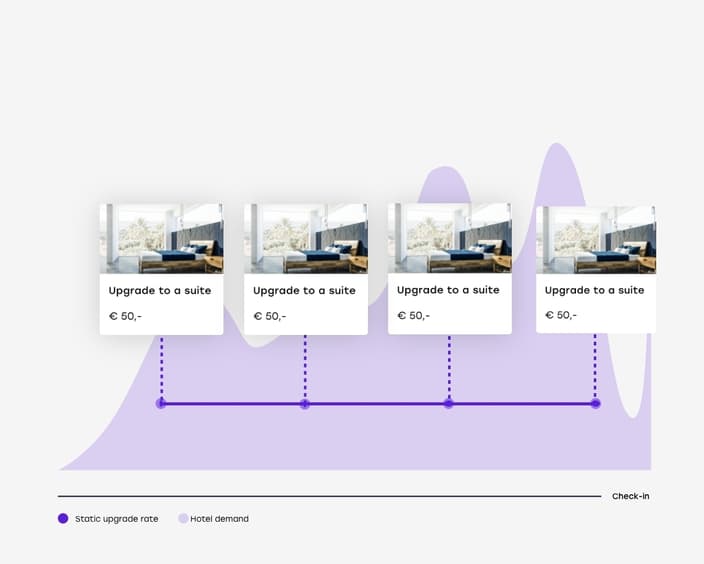
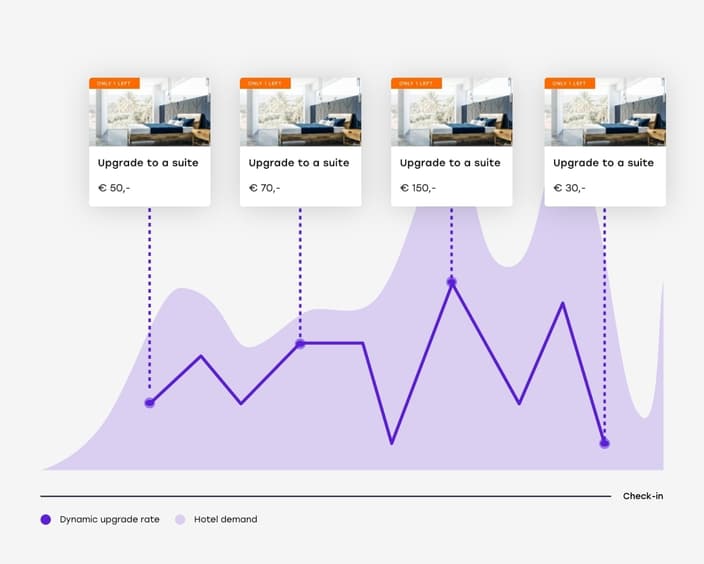
Another positive effect of using automation is improved customer experiences. The more impressed your guests are, the more inclined they will be to recommend your hotel to others. This will bring you more business and contribute to building your brand awareness.
What operational tasks are worth automating?
While drawing up staffing schedules and check-in and check-out of guests can be automated, not every task in hotel management can be. For example, creating personalised hampers for VIP guests needs a human touch. While cognitive tasks like staff scheduling can be automated, manual tasks like changing the sheets cannot.
So which operations can be and are worth automating at your hotel?
1. Hotel task management
Most hotels still use traditional housekeeping request methods with several human touchpoints. For example, the guest might request something like extra shampoo or fixing a broken flush from the first staff member they talk to.
This person may not be responsible for that task. Passing on the request to the right colleague wastes time or leads to a loss of details. This results in many guests’ needs getting ignored or facing a delayed response. Often, with no one taking responsibility for the request, the guest experience is ruined.
If guests can request service on an app or software, the staff member responsible can be alerted to ensure smooth completion of the task. This way, automated task management ensures quick problem resolution.
2. Check-in
Setting up a self-check-in process is a win-win for both sides – your guests as well as your hotel staff. Self-check-in means giving your guests the convenience to access their rooms without interacting with a front-desk agent.
To automate your check-ins, you, as a hotelier, can consider several options, such as using software solutions, mobile apps or installing self-service kiosks. One such solution that can come in handy to streamline your check-in process is Mews self-service kiosk.
A self-check-in kiosk is a computer terminal that can be installed in the lobby of your hotel. For instance, with the Mews self-service kiosk, you will be able to provide smooth self-check-in and check-out processes, scan documents, and enable guests to make payments and sign registration cards.
Installing a self-service kiosk doesn’t mean that you have to scrap the good old check-in process completely. There might be guests who would prefer a traditional way of checking in. However, for a number of guests, having the opportunity to check in without the need to stand in the line to get their keys will make a big difference.
In addition to decreasing waiting times for your guests, self-service kiosks will make your hotel staff happier and less stressed. It will take the pressure and workload off your hotel staff’s shoulders and allow them to focus on what really matters – your guest experience.
3. Guest room automation
Smart sensors to detect customer movement and turn light systems and air conditioning on and off help your hotel conserve energy. This investment will go a long way towards reducing energy costs in the long run.
4. Guest messaging
As a hotel owner, you may have observed that most guest communication involves answering similar questions. You can use automated chatbots to answer repetitive questions. These technologies can respond to guests within seconds.
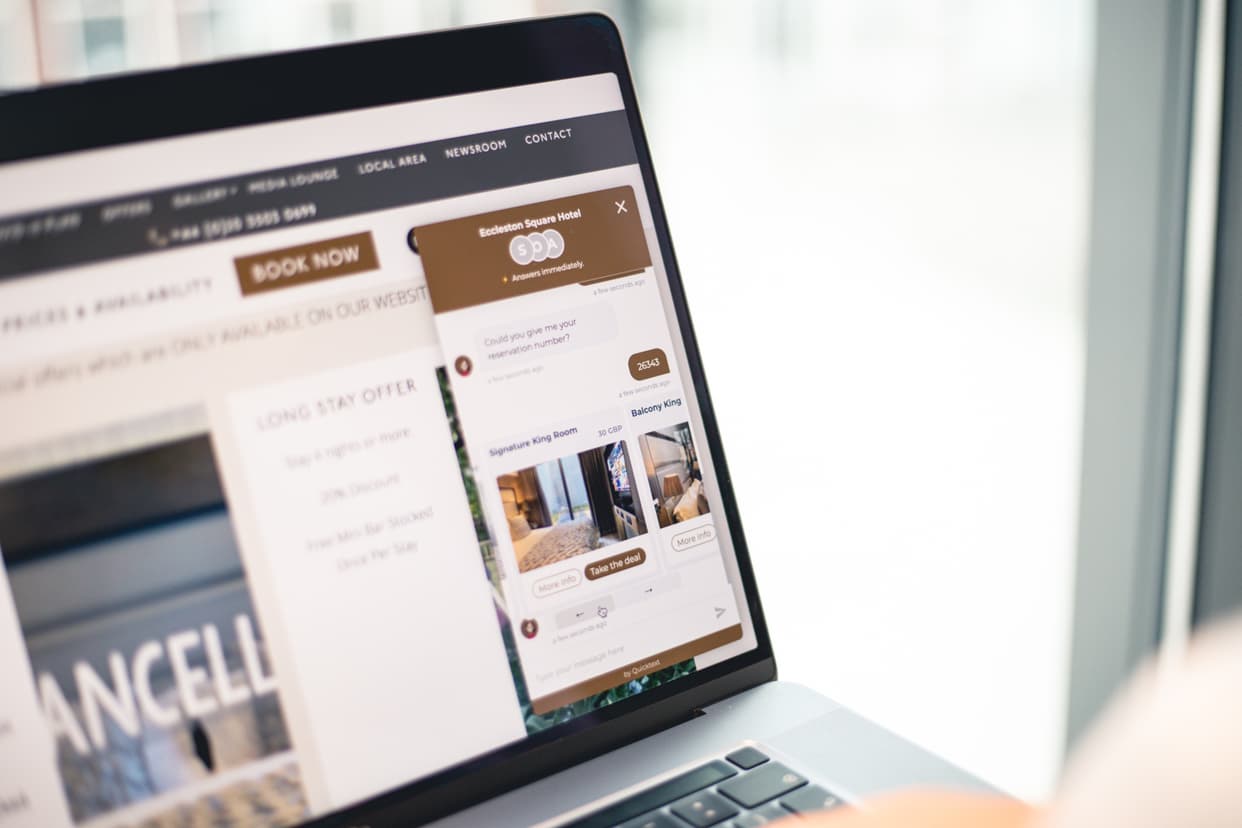
This lets your staff focus on more important tasks that need a human touch. Your team can get involved in addressing more complicated queries that are beyond the programmed abilities of the chatbot.
5. Upselling
Michele Di Cesare, Cluster Revenue Manager at Radisson Blu es Hotel, Rome, noted this difference:
Automated upselling through software increases incremental revenue. You can also personalise upselling outreaches by using data to match guests with relevant offers they are likely to buy.
6. Service quality assurance
You can also automate room maintenance checklists and reminders. For example, housekeeping staff can update hygiene procedures completed for each room on the app. This helps their supervisor with quality control.
Management can also enter reminders for room maintenance upgrades into the software. This way, you can rest assured that your rooms always look fresh and up to date.
7. Revenue management
Today, hotels don’t need to hire full-time revenue managers because advanced revenue management software can do the job. For example, Duetto automates various laborious and administrative revenue management tasks. This software helps you set up optimal hotel room pricing by segment, room type, and distribution channel.
What should hotels consider when starting with automation?
1. Keep your target guest in mind
It’s essential to understand your target customers to ensure they are comfortable using automation. For example, when introducing chatbots, also provide alternative options if you have an older audience.
2. List out tasks you struggle with the most
For example, if your hotel struggles with revenue management or upselling, those tasks should be automated first.
3. Consider costs and potential ROI
Before investing in automation software, calculate how it would impact your revenue and profit. Estimate if the return on this investment is worth it for your hotel business.
4. Check user reviews
You should conduct comprehensive market research about your automation options. It is also a good idea to check user reviews of these products. Reviews will give you insight into how others in your position have benefitted from automation.
Final thoughts
Seamlessly integrated into your hotel management, automation is an excellent tool to help you scale your business. It can boost revenue and ease off the workload for you and your teams, leading to happier, more productive hotel staff. On top of that, with automation, you will have more time to focus on your guest experiences, taking them from good to great.


